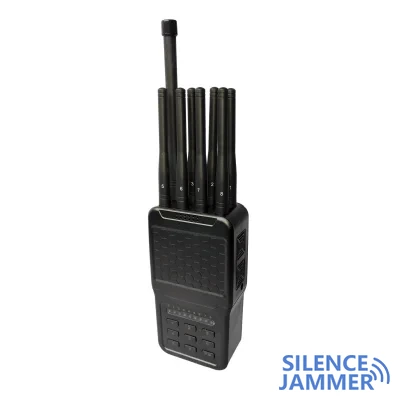GPS signals are not affected by magnetic fields of high-voltage wires
Recently, industry experts have conducted in-depth analysis on whether the magnetic field of high-voltage wires will affect the operation of GPS locators. Whether GPS locators will be interfered with under high-voltage wires is mainly reflected in two aspects: interference with GPS signals and interference with communication signals.
First, from the perspective of GPS signals, GPS signals are located through satellites. This signal transmission is mainly blocked by objects such as cement buildings, floors, roads and bridges, tunnels, and metal objects. Experts point out that high-voltage wires do not actually interfere with GPS satellite signals. Therefore, GPS locators can receive and process satellite signals normally under high-voltage wires, and their longitude, latitude, speed, altitude, and direction data will not be affected.

Communication signals may be affected in certain circumstances
Secondly, from the perspective of communication signals, the communication module of the GPS locator is usually responsible for transmitting the received GPS data to the remote background. This process relies on the support of base station signals such as China Mobile, China Unicom and China Telecom. Although high-voltage wires themselves will not interfere with GPS signals, communication shielding is sometimes used in high-risk areas such as high-voltage substations. In this case, the data transmission of the GPS locator may be affected, resulting in the inability to send the location information to the background in a timely manner.
For example, near high-voltage substations, certain communication shielding measures may be implemented due to safety needs. This shielding is not only to prevent electromagnetic interference from affecting the normal operation of the substation, but also to help protect the surrounding communication equipment from the high-voltage electromagnetic environment. Therefore, the GPS locator in this shielding area, although it can receive satellite signals normally, its communication module may not be able to transmit data due to shielding.
Application and impact of GPS signal blocker
In addition, it is worth noting that GPS jammers may be used in some areas. These devices cover the GPS frequency band by transmitting strong interference signals, making it impossible for the receiver to receive effective navigation signals. Although high-voltage wires themselves do not affect GPS signals, in certain specific environments, such as near high-voltage substations, the use of signal blockers may further limit the normal operation of GPS locators. This situation not only affects the positioning accuracy, but also may hinder accurate positioning and rescue work in emergency situations.

Conclusion: High-voltage power lines have limited impact on GPS positioning
In summary, the impact of high-voltage power line magnetic fields on GPS locators is mainly reflected in the transmission of communication signals, rather than the reception and processing of GPS signals. High-voltage power lines themselves will not interfere with GPS signals, so GPS locators can still work normally under high-voltage power lines. However, in specific areas such as high-voltage substations, the data transmission function of GPS locators may be affected due to possible communication shielding measures.
This means that although GPS locators can operate normally under high-voltage power lines in most cases, in certain specific environments, such as high-voltage substations, users should pay attention to possible data transmission problems. For users who need to use GPS locators in these areas, it is recommended to understand and avoid communication shielding areas to ensure that positioning data can be transmitted smoothly.
The above analysis provides us with a clear understanding, making the use and layout of GPS locators more scientific and effective. In practical applications, a full understanding of these factors will help improve positioning accuracy and data transmission reliability.




